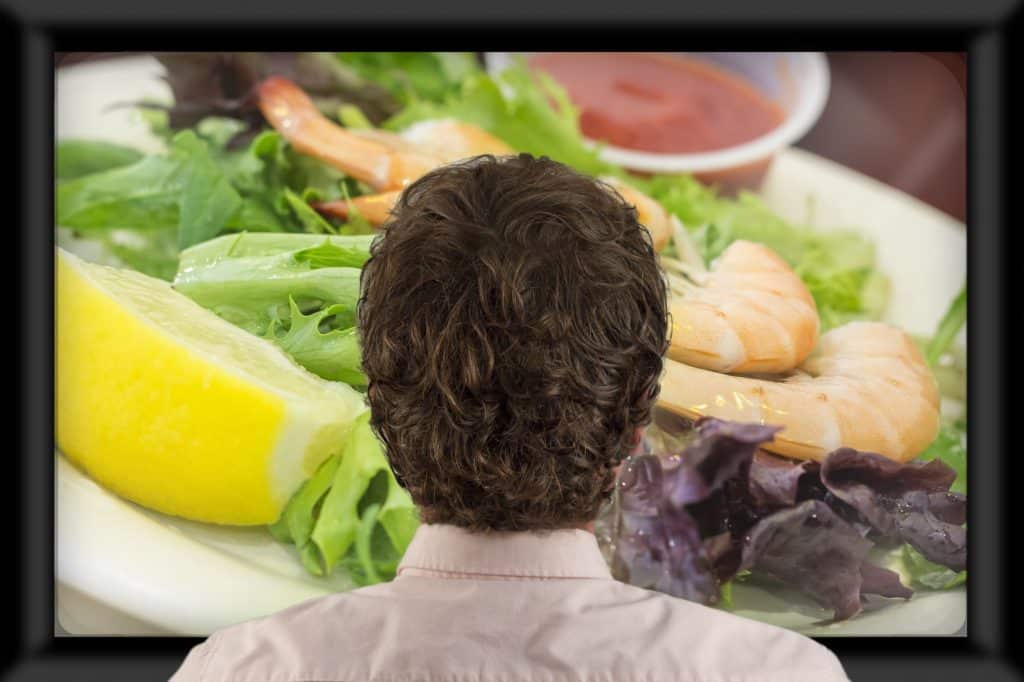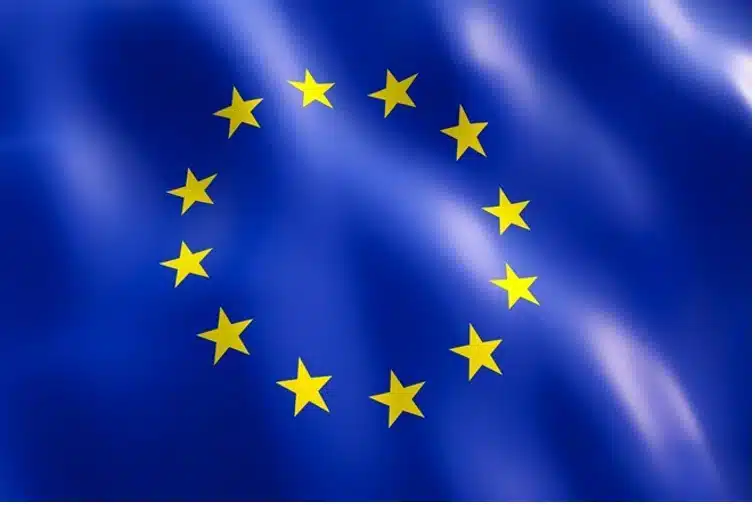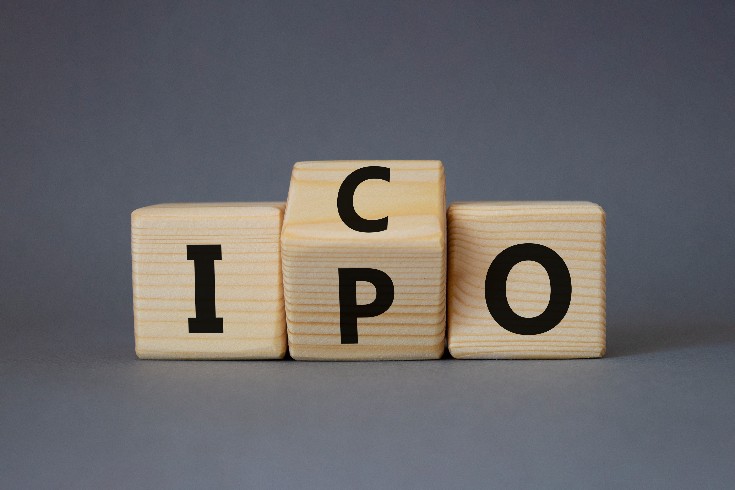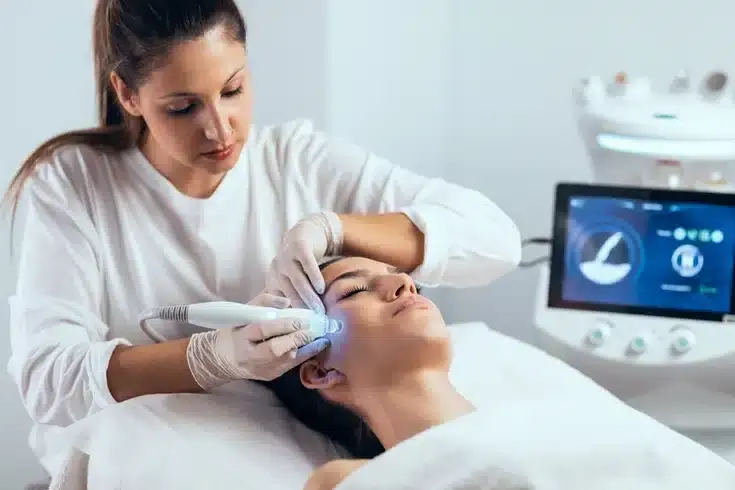Legal Regulations on Advertising and Promotional Activities such as Stealth Marketing in the Food Industry

In recent years, the internet has rapidly developed and become widespread among people.
Consequently, the use of social networking services (SNS) such as Twitter, Facebook, Instagram, and LINE has increased.
With the increase in SNS users, SNS has become a powerful medium for advertising and promotional activities. As a result, there has been an increase in instances where influencers use SNS for their advertising and promotional activities.
Furthermore, video streaming sites have also rapidly become popular. In particular, the number of people posting videos on YouTube and those watching videos on YouTube has increased.
Therefore, there has been an increase in instances where YouTubers post videos introducing products, and YouTube is used as a medium for advertising and promotional activities.
As advertising and promotional activities on SNS and YouTube increase, “stealth marketing” (hereinafter referred to as “stema”) has become a problematic form of advertising and promotional activity.
It is difficult to judge from the surface whether stema is an advertising and promotional activity, but since it is a type of advertising and promotional activity, it is subject to legal regulations concerning advertising and promotional activities.
Even if it is generally referred to as stema, the content of advertising and promotional activities varies widely, so it is necessary to focus on the content of the advertising and promotional activities and consider what kind of legal regulations they are subject to.
Therefore, in this article, we will explain the legal regulations concerning stema in the food sector.
https://monolith.law/corporate/medical-stealth-marketing-advertisement[ja]
What is Stealth Marketing?
In recent years, the term “Stealth Marketing” has become a part of our everyday language, and many of you may have heard this term at least once.
However, it seems that not many people accurately understand what the term “Stealth Marketing” refers to.
“Stealth Marketing” is an abbreviation of “Stealth Marketing”, which refers to advertising in a way that consumers do not realize it is advertising.
The English word “stealth” has meanings such as secrecy, confidentiality, and hiding.
Stealth Marketing is called “Stealth Marketing” because it carries out advertising activities without making it clear to consumers that it is an advertising activity.
Also, the English word “undercover” is almost synonymous with the word “stealth”.
This English word “undercover” is used, and it is sometimes called “Undercover Marketing” instead of “Stealth Marketing”.
In fact, the concept of Stealth Marketing can be divided into the following two major concepts:
- “Impersonation type” where a business operator or a person who has received economic consideration from a business operator posts a review on a review site, but misleads it as if a pure third party (consumer, etc.) is posting a review.
- “Profit provision concealment type” where a business operator provides economic benefits to a third party (influencers, YouTubers, etc.) and has them advertise or promote products or apps, etc., without displaying that fact.
In relation to advertising activities such as Stealth Marketing conducted by influencers and YouTubers, the above concept 2. mainly becomes a problem.
Therefore, in the following, we will focus on Stealth Marketing in the concept of 2. and explain it.
https://monolith.law/reputation/stealth-marketing-delete[ja]
What Kind of Advertising and Promotional Activities Exist in the Food Industry?

What exactly do we mean when we talk about advertising and promotional activities in the food industry?
When we mention advertising and promotional activities in the food industry, many people might imagine cases where influencers or YouTubers simply introduce a specific food product because it’s delicious.
For instance, a case where they introduce a cup ramen product named “XX” from “XX Corporation” because it’s incredibly tasty.
However, the scope of advertising and promotional activities in the food industry is surprisingly broad. It’s not just about introducing food products based on their taste, but also includes promotional activities related to so-called health foods that focus on health benefits.
General Legal Regulations Regarding Stealth Marketing
The law that is generally considered relevant to stealth marketing is the Japanese Act against Unjustifiable Premiums and Misleading Representations (hereinafter referred to as the “Premiums and Representations Act”).
What is the Premiums and Representations Act?
The Premiums and Representations Act is a law designed to protect consumers’ ability to independently and rationally choose quality goods and services. It strictly regulates the false representation of the quality, content, price, etc. of goods and services, and limits the maximum amount of premiums to prevent the provision of excessive premiums.
Issues related to the Premiums and Representations Act include misleading representation of superiority (Article 5, Paragraph 1 of the Premiums and Representations Act) and misleading representation of advantage (Article 5, Paragraph 2 of the Premiums and Representations Act).
For more detailed information on general legal regulations related to stealth marketing, including the Premiums and Representations Act, please refer to the article below.
https://monolith.law/corporate/stealth-marketing-youtuber[ja]
Regulations Specific to Advertising and Promotional Activities such as Stealth Marketing in the Food Industry
In the food industry, stealth marketing and other advertising and promotional activities are primarily regulated in relation to health foods under the Japanese Health Promotion Act.
In the following, we will explain the regulations under the Health Promotion Act related to advertising and promotional activities for health foods.
Purpose of the Health Promotion Act
Firstly, what is the purpose of the Health Promotion Act?
The purpose of the Health Promotion Act is stipulated in Article 1 of the Act.
(Purpose)
Article 1: This Act aims to establish basic matters for the comprehensive promotion of the health of the nation, taking into account the rapid aging of the population and changes in disease structure in our country, and the increasing importance of health promotion. It also aims to take measures to improve the nutrition of the nation and other health promotion measures, and thereby improve national health.
Health Promotion Act Article 1
The Health Promotion Act aims to establish basic matters for the comprehensive promotion of the health of the nation, take measures to improve the nutrition of the nation and other health promotion measures, and thereby improve national health.
In simple terms, the Health Promotion Act is a law aimed at promoting the health of the nation.
Prohibition of Exaggerated Claims
Content of the Prohibition of Exaggerated Claims
The Health Promotion Act prohibits exaggerated claims in Article 65.
(Prohibition of Exaggerated Claims)
Article 65: No person shall make a claim that is significantly different from the facts or that significantly misleads people about the health maintenance and promotion effects and other matters prescribed by Cabinet Office Ordinance (referred to as “health maintenance and promotion effects, etc.” in the next article) when advertising or otherwise displaying items for sale as food.
2 The Prime Minister must consult with the Minister of Health, Labour and Welfare in advance when establishing, amending or abolishing the Cabinet Office Ordinance referred to in the preceding paragraph.
Health Promotion Act Article 65
For example, if an influencer or YouTuber makes a claim that is significantly different from the facts or that significantly misleads people about the health maintenance and promotion effects of a food, it would be a violation of Article 65 of the Health Promotion Act.
A case that could be considered a violation of Article 65 of the Health Promotion Act would be an advertising and promotional activity that claims, “Eating this food will prevent you from getting the coronavirus, and it will prevent the coronavirus,” even though there is no such effect in reality.
Those Subject to the Prohibition of Exaggerated Claims
In the above-mentioned Article 65, paragraph 1 of the Health Promotion Act, the subject of regulation is not limited by the phrase “no person shall”.
Therefore, all those who “advertise or otherwise display items for sale as food” are included in the scope of regulation.
Therefore, it is considered that not only the companies that requested stealth marketing, but also the influencers and YouTubers involved in stealth marketing activities are subject to the regulations of the Health Promotion Act.
This is different from the Act against Unjustifiable Premiums and Misleading Representations, which targets businesses that supply goods and services, so caution is required.
Measures for Violations of the Health Promotion Act
For those who have violated Article 65, paragraph 1 of the Health Promotion Act and made exaggerated claims, it is stipulated in Article 66, paragraph 1 of the Health Promotion Act as follows:
(Recommendations, etc.)
Article 66: The Prime Minister or the governor of a prefecture may, when there is a person who has made a display in violation of the provisions of the preceding article and it is recognized that there is a significant impact on the maintenance and promotion of the health of the nation and the accurate transmission of information to the nation, make a recommendation to that person to take necessary measures concerning the display.
Health Promotion Act Article 66, paragraph 1
Furthermore, for those who do not comply with the recommendation stipulated in Article 66, paragraph 1 of the Health Promotion Act, it is stipulated in Article 66, paragraph 2 of the Health Promotion Act as follows:
2 The Prime Minister or the governor of a prefecture may, when a person who has received the recommendation referred to in the preceding paragraph has not taken the measures related to the recommendation without justifiable reason, order that person to take the measures related to the recommendation.
Health Promotion Act Article 66, paragraph 2
And for those who do not comply with the order to take measures related to the recommendation stipulated in Article 66, paragraph 2 of the Health Promotion Act, it is stipulated in Article 71 of the Health Promotion Act as follows:
Article 71: A person who has violated an order based on the provisions of Article 66, paragraph 2 shall be punished by imprisonment for not more than six months or a fine of not more than one million yen.
Health Promotion Act Article 71
In other words, if you violate Article 65, paragraph 1 of the Health Promotion Act, you will be recommended to take necessary measures, if you do not voluntarily comply with the recommendation, you will be ordered to take measures related to the recommendation, and if you do not comply with the order, you will be punished by imprisonment for not more than six months or a fine of not more than one million yen.
Summary
We have explained the legal regulations concerning stealth marketing in the food industry.
Stealth marketing in the food industry may not only violate the Japanese Premiums and Representations Act, but also potentially conflict with the Japanese Health Promotion Act. Therefore, companies that request stealth marketing and influencers or YouTubers who engage in advertising and promotional activities such as stealth marketing need to be careful not to violate the Premiums and Representations Act and the Health Promotion Act.
Furthermore, there is a possibility that consumers may suffer significant damage as a result of purchasing and consuming food due to illegal advertising and promotional activities.
It is important for not only companies that request influencers or YouTubers for advertising and promotional activities such as stealth marketing, but also influencers or YouTubers who engage in such activities, to have accurate knowledge about advertising and promotional activities including stealth marketing in the food industry.
Legal regulations concerning advertising and promotional activities including stealth marketing in the food industry require legal knowledge and professional judgment. Therefore, please consult a law firm for detailed information.
Category: General Corporate





















